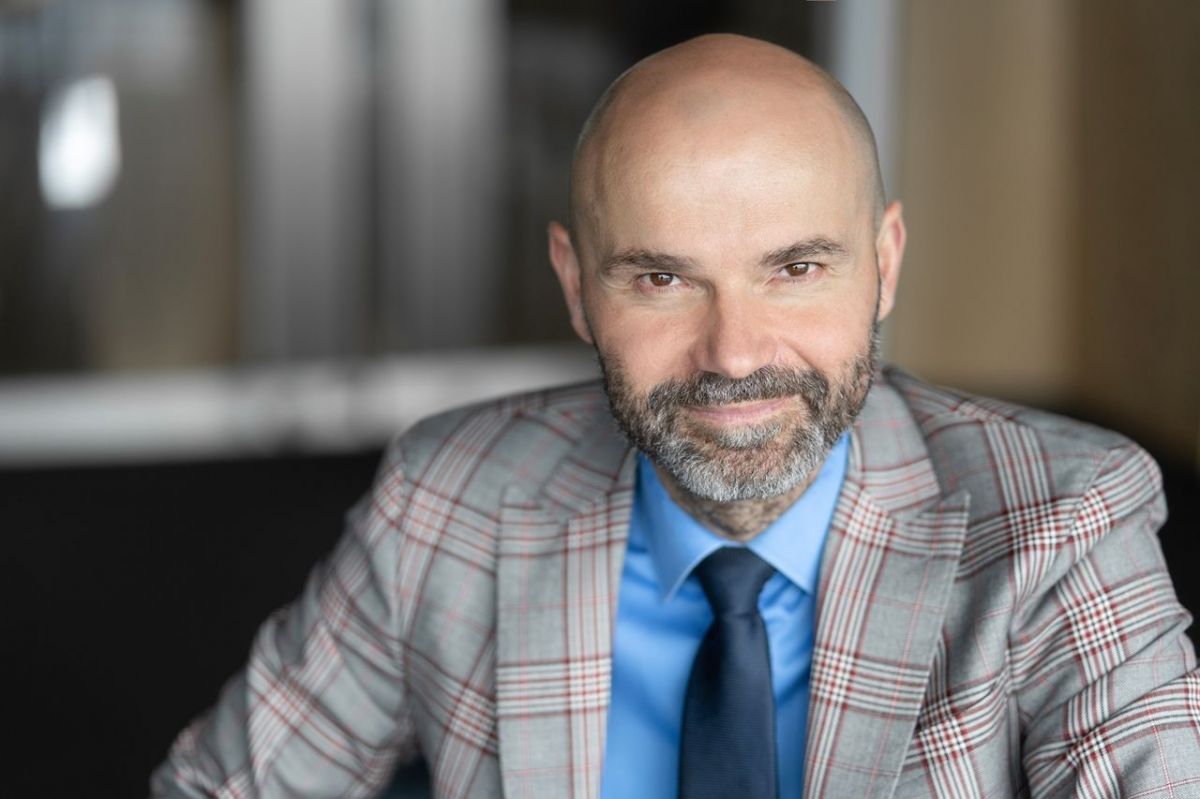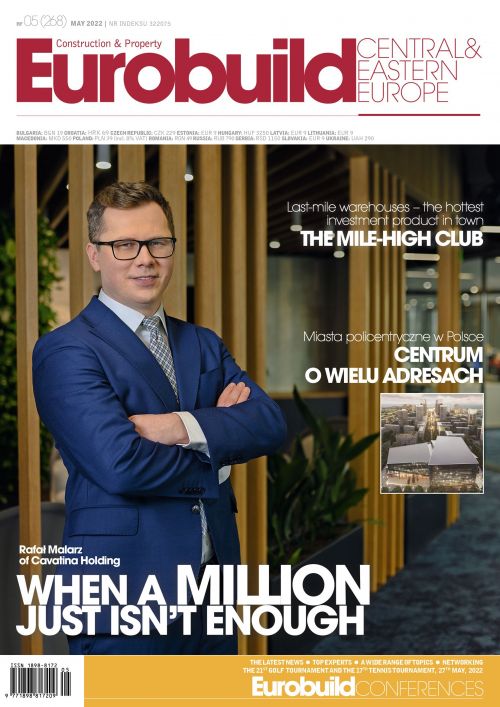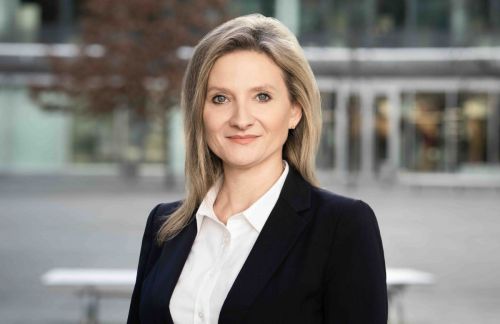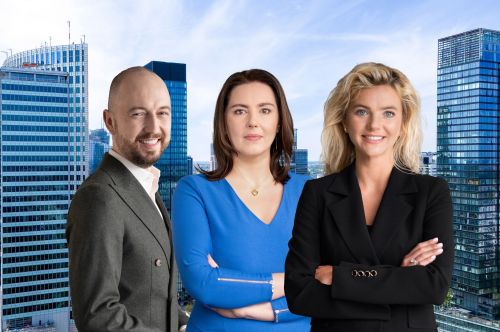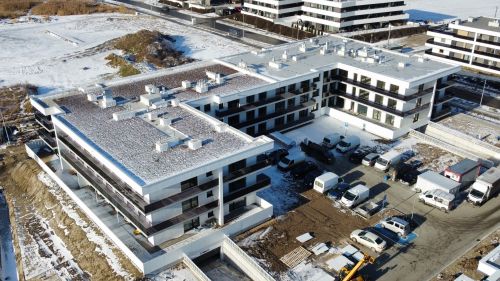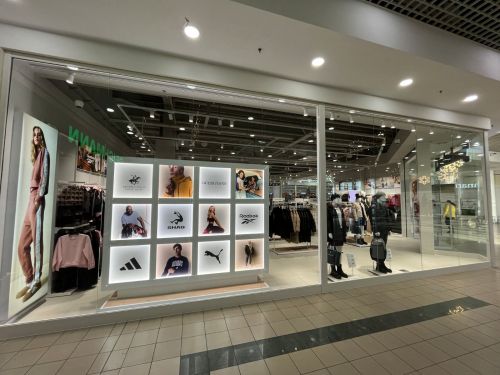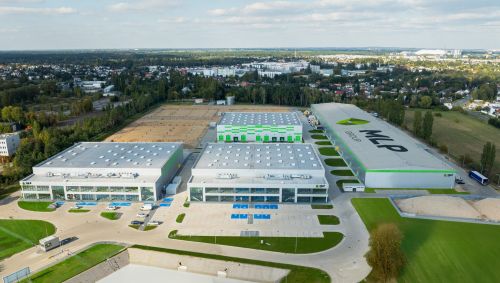EPP has de-listed from the Johannesburg and Luxembourg stock exchanges. To what extent did the pandemic and war in Ukraine influence these decisions?
Tomasz Trzósło, chairman of the board, EPP: When I joined EPP exactly two years ago, a lot was happening in the retail market. Firstly, the Covid-19 pandemic was impacting the situation – and now it’s the war in Ukraine. Despite all of this, we succeeded during such a challenging period to begin and then complete the restructuring of the company. This decision resulted directly from the pandemic and the changes to the law introduced by the Polish government, who through the abolition of ground rent for tenants, managed to significantly reduce the revenues of shopping centre owners. The changes to our portfolio, including the sale of a considerable number of our assets, were prompted by the necessity of meeting our financial obligations. We either had to raise capital or sell assets – and we chose the latter option. Ou
